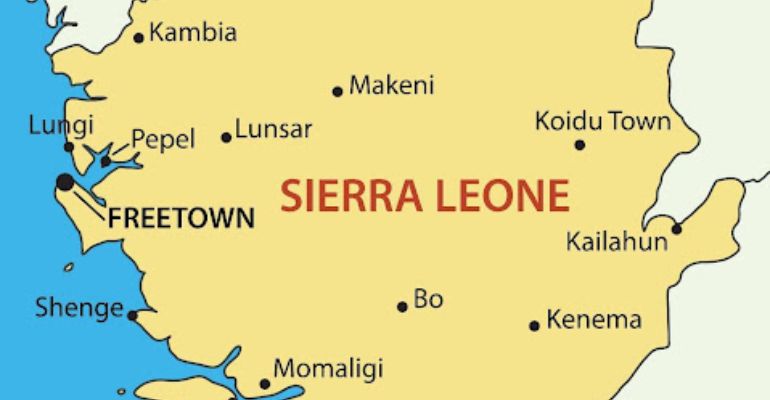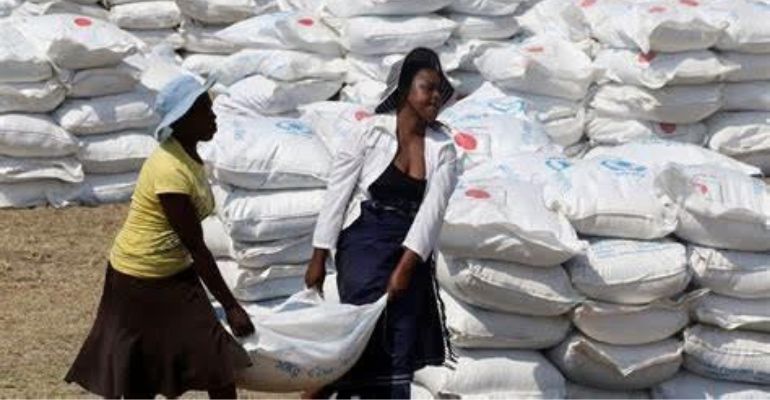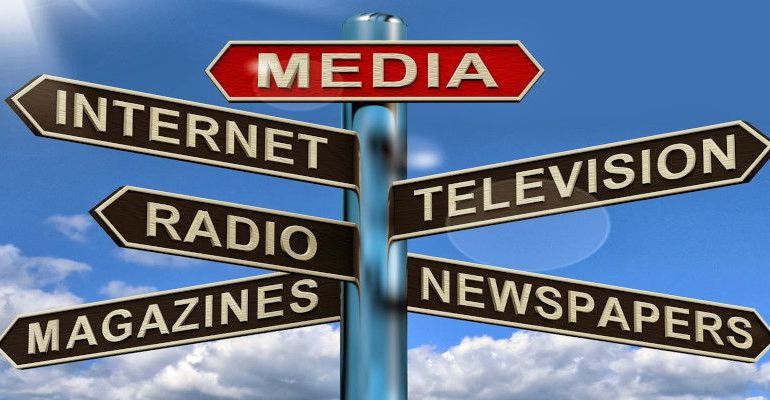Sierra Leone is endowed with an enormous reserve of mineral resources, fertile soil a youthful population, etc. Yet, the country subsists in such poverty that it ranks as one of the world’s poorest nations. The resource-rich paradox is thus evident. This paradox can be traced to the erosion of freedoms: the inclination of political functionaries to gag dissenters, to incarcerate critics, and worse, to line them up for shooting target practice — symptoms of a country indifferent to development.
This essay shall focus on a repression with dire consequences: the repression of economic freedom.
Economic freedom is, in my view, the freedom of an individual to own property without seeking permission as to its use, to dissent from collectivist orthodoxy, to pursue profit in line with market forces, unrestrained by government interference and its attendant market restrictions—so long as the rights of others to do so remain preserved. simply put: a free market. I shall state reasons to support the importance of economic liberalisation in achieving development.
Property Rights
It is a distinguishable trait of unfree economies like Sierra Leone to denigrate property rights as selfish, even unAfrican —all but ensuring communal ownership, with the government acting as the ‘Big Brother’ overseer. A free market, however, ensures property rights.
Property rights allow for individuals, in the exercise of their rational faculty, to produce (if they wish), trade and make a profit. Under this condition the private enterprise is forced to produce the best products at the cheapest prices, otherwise be blasted off the market by competitors—since fiat, force or executive decree are outside its natural province. Ultimately, wealth is created, which trickles down, and standards of living for the consumers increase. Conversely, in government-coordinated systems, the public sector is ineffective —with the taxpayers indulging their incompetence.
Allocation of Resources
The formation of committees to coordinate market activities and control prices is a cardinal feature of systems that limit economic freedom. Yet, regardless of the size of the committee, and its cerebral power, the results are damning. The most consistent example is the USSR, where bureaucrats attempted to direct the markets, resulting in catastrophic economic conditions. In Sierra Leone, also, there is the existence of a board to serve this purpose.
This is because of the efficiency with which scarce resources are allocated to alternative uses. From crude oil, for instance, comes not only diesel and petrol but also kerosene and gasoline. Determining the quantity to be allocated to each of its uses is a dilemma. In a market economy, prices convey information to the producer, as to what must be allocated to what is communicated, depending on demand, and to the consumer, as to his wants and how much he is willing to pay. Further, prices in response to supply and demand help move natural resources from a place of abundance, like Sierra Leone to a place where it does not exist, like Turkey —-vice versa. This could promote growth and boost the nation’s standard of living.
Wealth Distribution
The lifeline of unfree economies as Sierra Leone is to castigate free enterprise as a zero-sum game, as exploitative of the poor; hence, wealth must be ‘evenly’ distributed. The nation’s chief minister recently called on greedy private enterprises to pay their ‘fair’ share so it can be distributed to the masses through the public sector—in the interest of the common good. But: by what standards does he assess ‘fair’? How does he intend to extract such payments? History answers: through force.
The truth is that no system —feudalism, socialism, mixed economy, free markets—can achieve an even distribution of resources. Free markets, however, ensure a distribution of wealth by value created. Not in terms of physical effort exerted, but based on the resources that individuals voluntarily pay for a product or service. Consider two football players A and B. A receives ten times B’s salary—even though they both work hard. The difference is that more people value A’s skills and pay to watch him play. A free market rewards mental effort, and this could serve to enhance innovation (a product of rational thought), thereby boosting development.
Conclusion
Sierra Leone must understand that the extent to realising its true promise is in proportion to its degree of people-led economic liberalisation and that it cannot be attained in isolation from other freedoms. As Economist George Ayittey stated, ‘ pushing economic reforms ahead of other types of reform is like installing a new carburettor when the spark plugs are fouled up’.
Work Cited
1. Ayittey, G. (2012). Promoting Economic Freedom in Africa. The Journal of Private Enterprise 27(2), pp. 1-18












